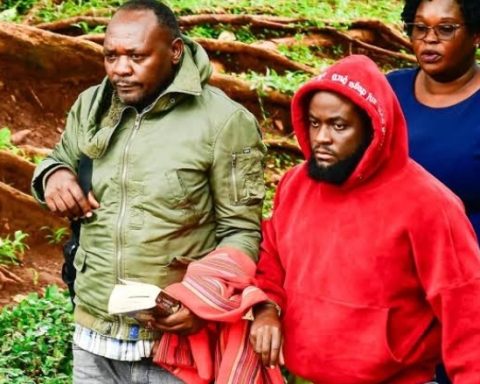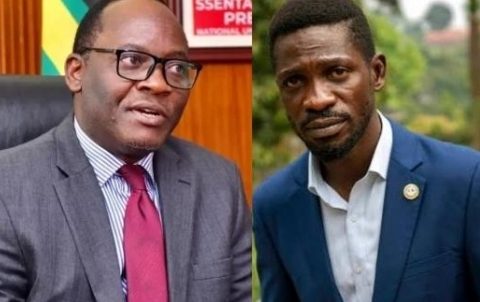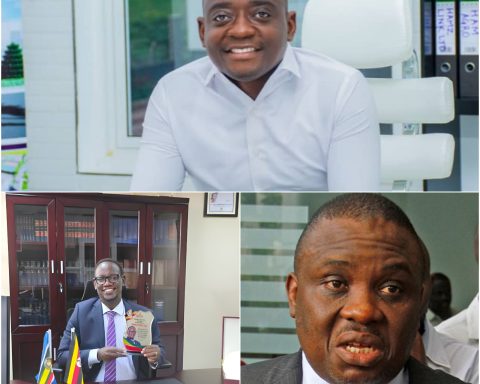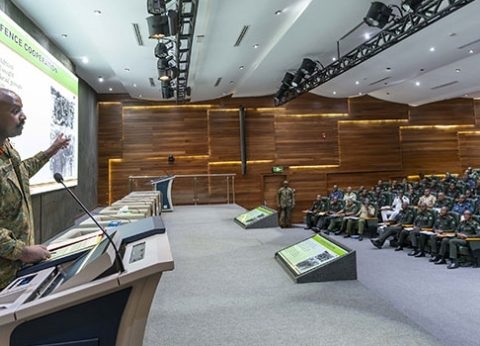Yesterday marked a year since Ugandan security forces brutally clamped down on people protesting the arrest of opposition politician Robert Kyagulanyi aka Bobi wine, killing 54 people, and injuring scores more.
Just before noon on November 18, 2020, two months ahead of Uganda’s general elections, security forces arrested Kyagulanyi, popularly known as Bobi Wine, as he prepared to hold a campaign rally in Luuka, Eastern Uganda. The police said they had arrested him for breaching Covid-19 regulations, but it was clear authorities were using the pandemic as a pretext to clamp down on opposition during the election campaigns.
As news spread about Kyagulanyi’s arrest, widespread protests in Kampala and other parts of the country erupted for two days. Authorities responded with teargas, by beating protestors and using live bullets, killing at least 54 people, even according to the government’s own admission. Those killed included bystanders and market traders who had nothing to do with the protests. Numerous others were injured.
A week after the protests, President Yoweri Museveni said the government would compensate only the families of 22 of the people who had died, saying the other 32 were rioters. Police later said they had launched investigations into the killings, but a year later, the authorities have not published their findings, held anyone accountable, nor compensated victims.
Uganda’s Constitution protects the rights to peaceful assembly, and association. The government is obligated under international law to ensure that use of force, in particular lethal force, is subject to scrutiny, to ensure effective investigations that lead to accountability for unlawful killings and injuries, as well as to provide access to effective remedies for all victims.
The government should take meaningful steps to show that it is serious about upholding human rights and the rule of law by ensuring justice for the November 2020 violence. It should fulfill its promises and obligations under international law to the families of those who died and were injured at the hands of the security forces, whether they were protesting or not, through a transparent justice process that provides regular public updates on the progress of investigations and guarantees victims and their families’ effective participation.
![]()




























